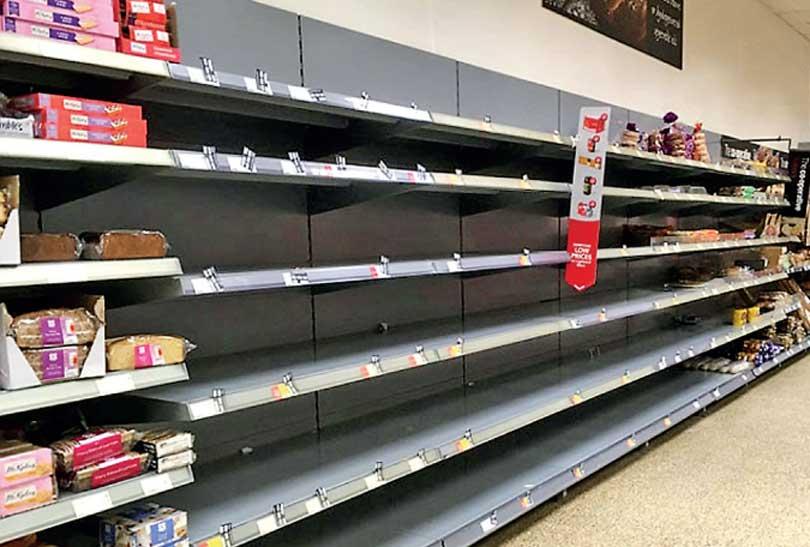Reply To:
Name - Reply Comment

Food insecurity in Sri Lanka is likely to worsen amid poor agricultural production, price spikes and ongoing economic crisis, FAO and WFP warn. Nearly 30 percent of the population are experiencing acute food insecurity, and will likely deteriorate further unless urgent assistance is provided.
Nearly 30 percent of the population are experiencing acute food insecurity, and will likely deteriorate further unless urgent assistance is provided.
An estimated 6.3 million people in Sri Lanka are facing moderate to severe acute food insecurity and their situation is expected to worsen if adequate life-saving assistance and livelihood support is not provided, the Food and Agriculture Organization of the United Nations (FAO) and the United Nations World Food Programme (WFP) warned today in a new report.
Two consecutive seasons of poor harvests led to a nearly 50 percent drop in production coupled with reduced imports of food grains due to foreign exchange constraints, according to the joint FAO/WFP Crop and Food Security Assessment Mission (CFSAM) report.
The report notes that immediate food assistance and livelihood programmes - including through existing social assistance mechanisms – are critical to enable households to access nutritious food - particularly moderately and severely acute food insecure ones. Without assistance, the food security situation is expected to deteriorate further, particularly during the October 2022 to February 2023 lean season, driven by poor harvests of staple foods, in particular paddy rice, and the ongoing economic crisis.
“In order to avert a further deterioration of food security conditions and to support restoration of agricultural production, livelihood assistance targeting smallholder farmers should remain a priority,” said FAO Representative in Sri Lanka Vimlendra Sharan. “With around 30 percent of the population depending on agriculture, improving the production capacity of farmers will ultimately boost the resilience of the agricultural sector, reduce import requirements amid shortages of foreign currency reserves and avert the rise in hunger.”
“Months into this crippling economic crisis, families are running out of options - they are exhausted. More than 60 percent of families are eating less, and eating cheaper, less nutritious food. This comes at a time when financial constraints have forced the government to scale back on nutrition programmes, such as school meals and fortified food to mothers and undernourished children. WFP’s top priority is to provide immediate food and nutrition assistance to the most at-risk communities to prevent a further deterioration of their nutrition,” said WFP Representative and Country Director in Sri Lanka, Abdur Rahim Siddiqui.